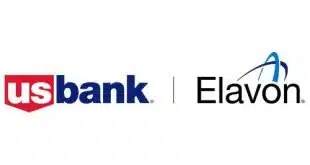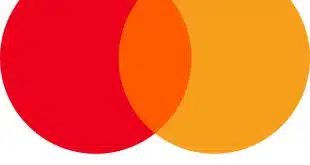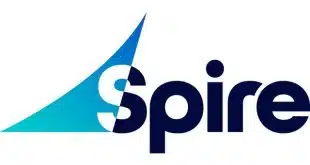The Gimlet Eye
Is there a movement going on to do away with transaction fees? Here are some recent examples:
Dwolla, the Iowa-based processor, said last month it was eliminating its 25-cent fee on transactions over $10, effective immediately. Payments below that threshold carry no fee, so now all Dwolla transactions are free.
Likewise, Visa said in May it was permanently dropping the tokenization fees it had devised last year and then put on hold. Now the fees, which included a 7-cent charge to the requester for each token, are gone for good and tokens for the burgeoning digital age are free.
At the same time, interlopers like Facebook and Square have busted into the person-to-person payments business with services that meet an increasingly important criterion for today’s consumer: the payments are free (see this month’s cover story for more about this market).
But just what does “free” mean? It surely doesn’t mean the transaction services come at no cost. Dwolla, for example, is absorbing processing costs, programming overhead, and other expenses. It just chooses not to recover any of this from its users with a levy on each transaction. Likewise, Visa, Square, and Facebook. Each company sees a return on investment that lies outside the boundaries of the traditional fee per transaction. That could be expanded usage, larger market share, the collection of customer data, or simply client goodwill. But free to the user doesn’t mean free to everyone. Someone’s paying the bill.
“Free” also doesn’t mean these companies have taken leave of their senses. They’re still profit maximizers (and let’s be clear that this column has no problem with that). At the same time Dwolla announced its free transactions, it said it is going to charge for services it has built “on top” of its network capability. These services include next-day settlements, high-touch customer support, and the ability to set transaction limits and manage multiple payment streams within a single account. These will come with a monthly subscription fee ranging from $25 to $1,500.
How Visa is compensating for free tokenization is less clear. Perhaps newer revenue streams, such as the Fixed Acquirer Network Fee (widely known as FANF) that kicked in a few years ago, are yielding enough to bolster Visa’s magnanimity. Perhaps it wants to encourage issuer participation in Apple Pay and other digital services. At any rate, you can be sure the network isn’t taking a bath by erasing token fees for good.
So be careful about a term like “free,” whether applied to transactions or not. The old, much-repeated maxim that there’s no such thing as a free lunch hasn’t been repealed. Not even close.
—John Stewart, Editor, john@digitaltransactions.net





